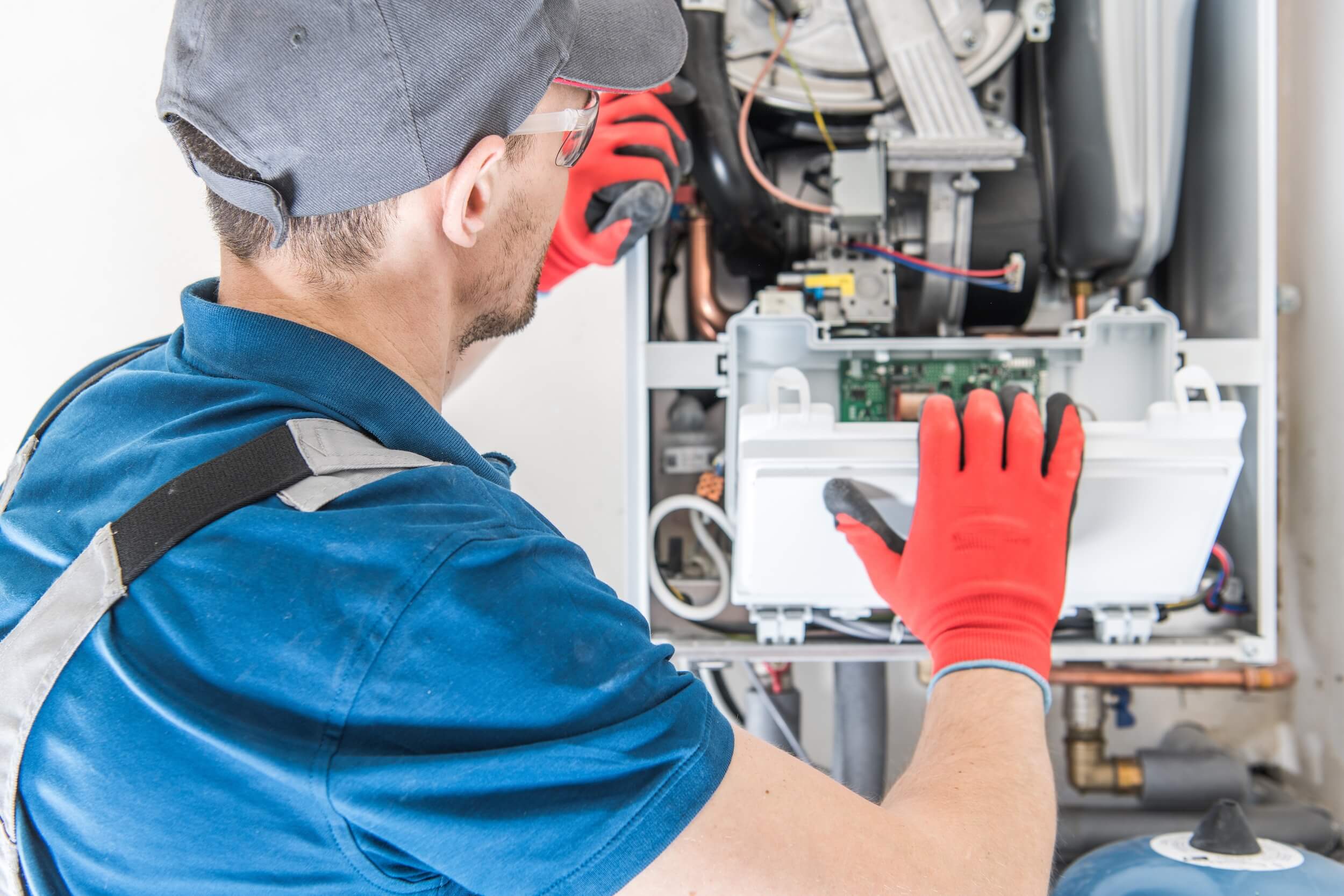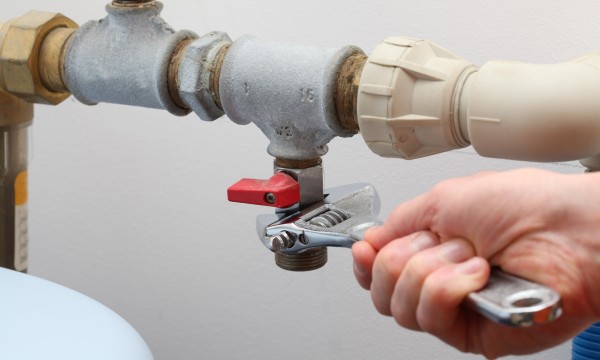We have discovered this post about The Importance of Water Heater Maintenance directly below on the net and believe it made good sense to share it with you over here.

A hot water heater is one of the most vital fundamental devices that can be found in a home. With water heaters, you do not need to experience the anxiety of home heating water manually every single time there is a need to wash, do the laundry, or the recipes. There is constantly a possibility that your water heating system would certainly act up as with a lot of mechanical gadgets.
It is very important to keep in mind any little breakdown and tackle it rapidly before points leave hand. Most times, your water heater starts to malfunction when there is a build-up of debris as a result of continual usage. As a preventative measure, periodic flushing of your water heater is suggested to prevent sediment build-up and avoid functional failing.
Typical hot water heater emergencies and exactly how to take care of them
Inadequate warm water
It might be that the water heating system can not sustain the hot water demand for your apartment or condo. You can upgrade your water heating system to one with a bigger capacity.
Varying water temperature level.
Your water heater can begin creating water of various temperatures normally ice chilly or hot hot. There may be a requirement to change either the thermostat or the heating system of your water heating unit.
Dripping water heater storage tank.
A leaky storage tank could be a sign of corrosion. It might trigger damages to the floor, wall surface and also electrical tools around it. You can even go to risk of having your home flooded. In this situation, you should shut off your hot water heater, permit it to cool, as well as very carefully try to find the source of the trouble. At times, all you require to do is to tighten a few screws or pipe connections in cases of small leakages. However if this doesn't work and the leak lingers, you might need to employ the services of a specialist for a suitable substitute.
Tarnished or odiferous water
When this occurs, you require to understand if the problem is from the container or the water resource. You are particular that it is your water heating unit that is faulty if there is no funny scent when you run cool water. The stinky water can be triggered by corrosion or the buildup of microorganisms or debris in the water heater container. You can try flushing out your storage tank or changing the anode if the issue lingers as soon as you see this. The function of the anode is to clean out germs from your tank. Given that the anode pole substitute calls for a comprehensive knowledge of your water heating system, you will need the aid of a specialist.
Conclusion
Some property owners ignore little caution as well as minor faults in their water heater device. This just brings about more damages as well as a feasible complete break down of your home appliance. You should deal with your water heater mistakes as quickly as they come up to avoid even more costs and unneeded emergency difficulties.
With water heating systems, you do not require to go through the stress of heating water by hand every time there is a demand to take a bath, do the washing, or the recipes. It may be that the water heater can't support the warm water demand for your home. Your water heater can start creating water of various temperature levels normally ice hot or chilly hot. If there is no funny scent when you run chilly water, after that you are particular that it is your water heating unit that is faulty. The smelly water can be triggered by corrosion or the buildup of microorganisms or debris in the water heating system tank.
Water Heater Burst: Why This Happens And What To Do Next
Water Heater Explosion Warning Signs
Since storage water heaters are made of metal and store large volumes of heated water, they carry an increased risk of leaking or even exploding as they begin to rust at the fittings and seams over time. If the thermostat controlling the water temperature within the tank is faulty, or if mineral buildup inside the water heater prevents the thermostat from sensing the water’s temperature correctly, the water could become overheated. This will expand its volume within the tank, causing it to press at the tank’s fittings and seams. If these fittings and seams are rusted or corroded, the pressure could result in a leak or even an explosion.
Here are some risk factors and warning signs of an increased risk of water heater leak or explosion:
- Your water heater is more than 10 years old.
- Your water heater makes clanking, banging or rumbling noises as it heats up, indicating that sediment has built up and hardened inside the tank.
- There is visible rust on the outside of the water heater, especially located at the pipe fittings or the seams that run down the tank.
- There is rusty water coming from your water heater, indicating that there may be rust building up inside.
- Your water heater is leaking, which could indicate either a crack somewhere in the tank or a malfunctioning temperature-and-pressure (T&P) relief valve.
What To Do When Water Heater Leaks
If you find water dripping or seeping out of your water heater, or pooling around it, it means your water heater is leaking. If you find a leak, it may be best to call a plumbing professional to diagnose the problem and determine how best to handle it. If you choose to tackle it on your own, there are a few things you can do.
TURN OFF THE POWER
Next, shut off the power to the hot water tank at your home’s electrical breaker box. If you don’t shut off the power, the heating elements within the tank could continue to stay hot, which could pose a fire risk.
If you have a gas-powered water heater, you’ll also need to shut off the gas line leading into the tank.
FIND THE LEAK
Now it’s time to determine where the leak is coming from. Likely locations are the T&P valve, the drain valve or one of the pipes or fittings that feed into the top of the tank. If you see any rust or corrosion on the outside of your water heater’s tank, pipes or fittings, these could also be the source of the leak.
REPAIR THE LEAK
Once you determine the source of your water heater leak, you’ll have a better idea of what steps you need to take to fix the problem. It may be a simple fix—such as using a wrench to tighten fittings or replacing the T&P valve—but it may be something more complicated. You may even need to drain the tank, remove the water heater and install a new one.
https://www.abchomeandcommercial.com/blog/water-heater-burst/

Do you appreciate reading about Common Hot Water Heater Problems? Leave a remark directly below. We would be delighted to listen to your responses about this article. We are looking forward that you visit us again in the future. Loved our blog posting? Please share it. Let somebody else find it. Thank you for your time invested reading it.
Guaranteed fix? Call.
Comments on “Ways to Cope with the Major Hot Water Heater Urgencies”